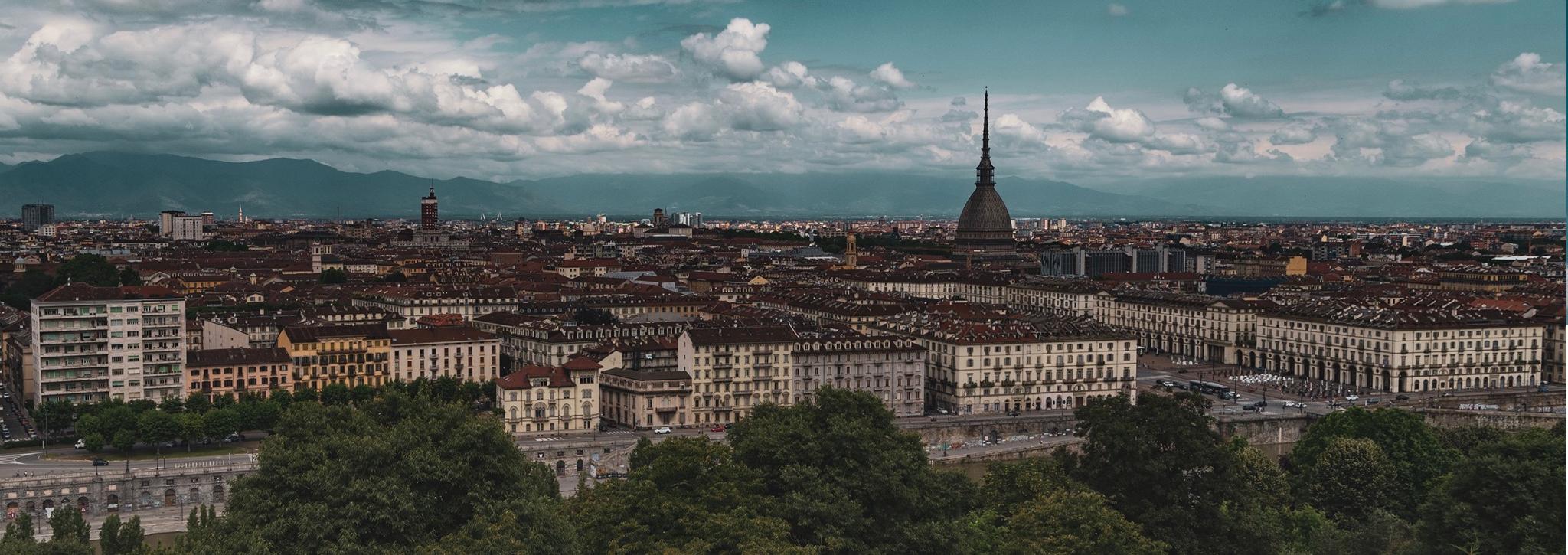
SERESSA 2023
19th International School on the Effects of Radiation on Embedded Systems for Space Applications
4-7 December 2023, Turin, Italy
The 19th International School on the Effects of Radiation on Embedded Systems for Space Applications (SERESSA) will take place on December 4th – 7th, 2023, in Turin, Italy.
SERESSA combines academic, government, and industrial communities working in the area of radiation effects on embedded systems. Radiation effects are a significant concern for space and avionics systems, as well as for critical applications operating at ground level, such as automotive, high energy facilities, medical, or even banking. The school is based on lectures and exercises involving real case studies using the common tools of the domain. The intended audience includes both beginning and experienced researchers, engineers, and post-graduate students wishing to enhance their knowledge base in this rapidly evolving field. Topics covered by SERESSA include radiation environment, spacecraft anomalies, single-event effects (SEE), total dose effects (TID), radiation effects in power systems, radiation effects in solar cells, architecture hardening in analog and digital circuits and in memories, software hardening, effects in FPGAs, hardness assurance, rate prediction, radiation testing, laser testing, and remote testing experiments.
SERESSA will include a final test for the attendees who want to assess their understanding and knowledge of the topics covered during the school. The test will cover key aspects of the lectures presented during the school. Participants who choose to take the test and achieve passing criteria will be eligible to receive a certificate of passed exam test from SERESSA.
Scope
The scope of SERESSA is covered by the following or related topics:
- Radiation Environment
- Radiation effects in materials
- Spacecraft Anomalies
- Single-Event Effects (SEE)
- Total Ionising Dose (TID) effects
- Radiation effects in power devices, power systems and solar cells
- Modeling and hardening analog and digital logic circuits and memories
- Radiation hardening at the software level
- Systems on Chip (SoC), FPGAs, GPUs for space and beyond
- Radiation Hardness Assurance (RHA) methodologies
- Rate prediction
- Radiation testing approaches
- Laser testing methodologies
- Remote testing experiments
- System level qualification
- Fault-tolerant techniques
- Approximate computing
Invited Speakers and Talk Authors
- Ygor Aguiar, CERN, European Organization for Nuclear Research, Switzerland
- Rubén García Alía, CERN, European Organization for Nuclear Research, Switzerland
- Behcet Alpat, INFN, National Institute for Nuclear Physics, Italy
- Giovanni Bartolini, Beamide Srl, Italy
- Stefano Bonaldo, University of Padova, Italy
- Ludovica Bozzoli, Argotec Srl, Italy
- Stephen Buchner, Consultant to Naval Research Laboratory, Washington, DC, USA
- Ennio Capria, ESRF, European Synchrotron Radiation Facility, France
- Matteo Cecchetto, CERN, European Organization for Nuclear Research, Switzerland
- Juan Antonio Clemente, UCM, Universidad Complutense de Madrid, Spain
- Corrado De Sio, Polytechnic University of Turin, Italy
- Clémentine Durnez, CNES, Centre national d’Études Spatiales, France
- Fakhreddine Ghaffari, CY Cergy Paris University, France
- Viyas Gupta, ESA/ESTEC, European Space Agency, The Netherlands
- Corinna Martinella, ETH Zurich – Advanced Power Semiconductor (APS) Laboratory, Switzerland
- Dale McMorrow, Naval Research Laboratory, Washington, DC, USA
- Hans-Juergen Sedlmayr, DLR, Institute of Robotics and Mechatronics, Germany
- Luca Sterpone, Polytechnic University of Turin, Italy
- Eleonova Vacca, Polytechnic University of Turin, Italy
- Fabian Luis Vargas, IHP, Leibniz Institute for High Performance Microelectronics, Germany
- Raoul Velazco, Laboratoire TIMA, University Grenoble Alpes, France
- Cédric Virmontois, CNES, Centre national d’Études Spatiales, France